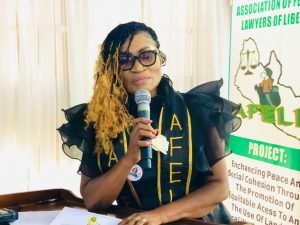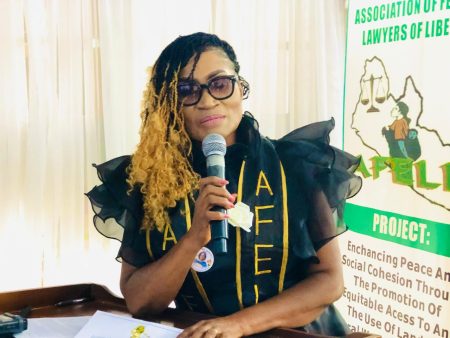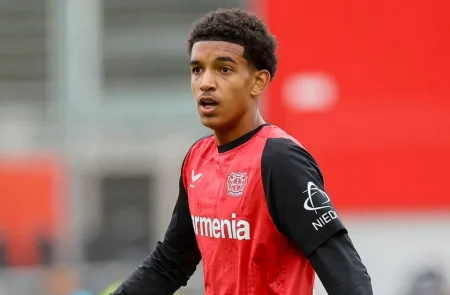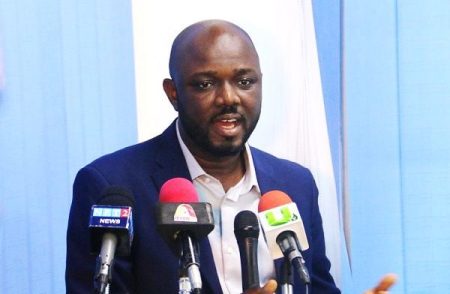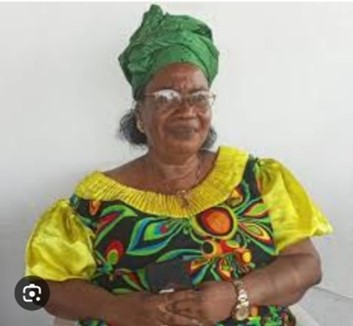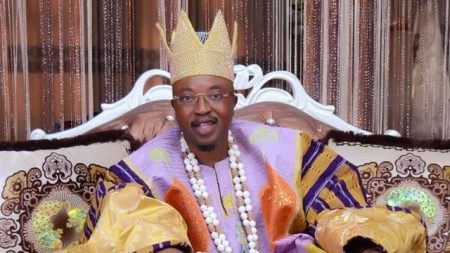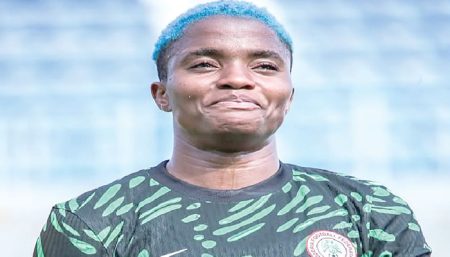The House of Representatives Committee on Basic Education and Examination Bodies convened an investigative hearing to address the widespread irregularities and operational failures that plagued the 2025 Senior Secondary School Certificate Examination conducted by the West African Examinations Council (WAEC). The committee, led by Chairman Oforji Oboku, expressed deep concern over the systemic lapses within WAEC, which they believed had eroded public trust in Nigeria’s examination process. Oboku apologized to parents, guardians, and candidates who endured the chaotic examination cycle, assuring them of the committee’s commitment to preventing a recurrence. The hearing underscored the urgency of restoring credibility and dignity to the nation’s examination system.
The committee’s investigation stemmed from an earlier meeting with WAEC on May 30, where disturbing revelations emerged about students being forced to take exams under deplorable conditions, including late-night sessions illuminated by torchlight. Lawmakers were particularly appalled by accounts of students writing exams at 11 PM under such inadequate lighting. They viewed this not simply as a logistical failure but as a failure of leadership within WAEC. While emphasizing that the probe was not a witch-hunt, Oboku stressed the importance of identifying the root causes of the recurring failures, implementing decisive solutions, and holding responsible parties accountable.
The hearing became heated as lawmakers expressed their strong disapproval of what they perceived as WAEC’s habitual negligence and lack of preparedness. Some members openly called for Dr. Amos Dangut, Head of WAEC Nigeria, to admit failure and resign. The committee also questioned Dr. Dangut’s assertion that WAEC would implement computer-based testing (CBT) centers nationwide by 2026, citing the lack of CBT infrastructure in many local government areas. They argued that claiming CBT readiness without the necessary infrastructure was akin to claiming ownership of a car and driver without having a road to drive on – a fantasy rather than a reflection of genuine capacity.
The committee proposed a national education summit to thoroughly assess the state of secondary school infrastructure across the country. Beyond infrastructure concerns, members also raised alarm bells about the reputational damage Nigeria had suffered within West Africa due to WAEC’s failings. Dr. Dangut’s attempts to defend the council by citing unforeseen logistical challenges and insecurity in certain regions were met with skepticism and dismissal by lawmakers who deemed the explanations insufficient and unacceptable. They demanded concrete actions and solutions rather than excuses.
In response to the hearing’s findings, the committee passed a resolution mandating WAEC to submit a comprehensive audit of its digital infrastructure, focusing on underserved areas, along with a detailed roadmap outlining its CBT readiness strategy. Furthermore, the council was directed to provide the National Assembly with its complete operational guidelines and all reports pertaining to examination paper leakages. These measures aimed to enhance transparency and accountability within the examination body.
The committee’s chairman, Oforji Oboku, concluded the session by emphasizing the significance of the moment, stressing the imperative of competence, honesty, and reform within the education sector. He underscored that education was too crucial to be governed by trial and error, as the future of the nation’s children and the nation itself hung in the balance. The hearing served as a wake-up call for WAEC and the education sector as a whole, highlighting the urgent need for systemic improvements to ensure a credible and efficient examination process. The committee’s resolute stance signaled a commitment to holding WAEC accountable and driving meaningful change in Nigeria’s education system.



